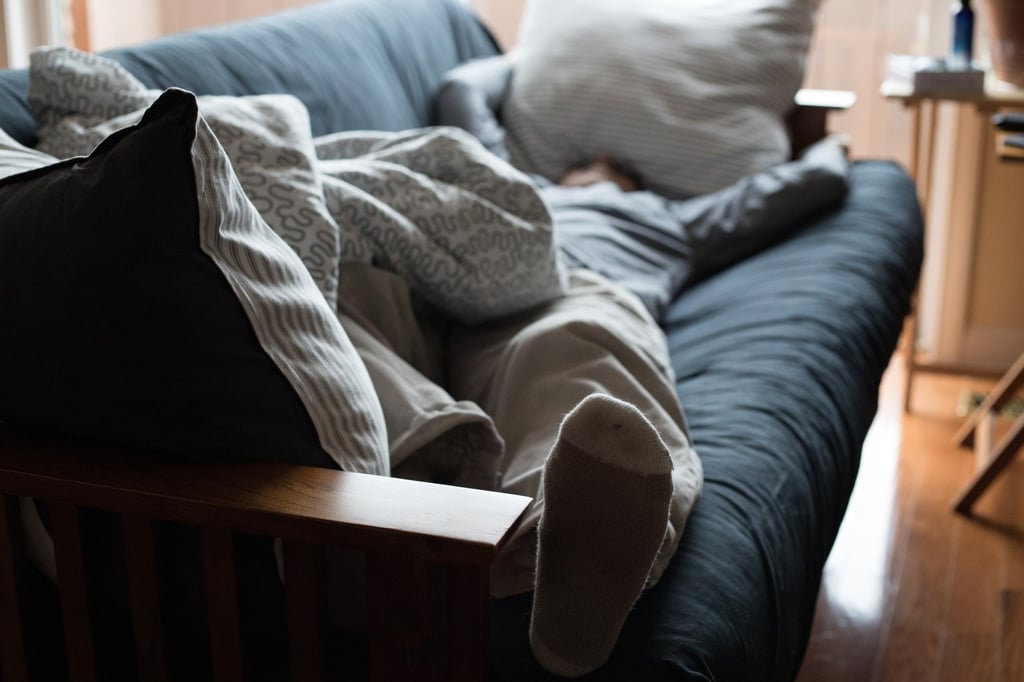The benefits of napping: it boosts creativity and improves concentration, but new studies suggest it could be linked to health risks
- Proponents say napping boosts focus, creativity and productivity – especially in young people – but fresh research links it to health risks
- A person’s need for a nap may be due to existing ailments, or genetics, studies suggest; a nap won’t compensate for poor night’s sleep, another study warns

Afternoon napping is part of everyday culture in places such as Japan and Spain, and the siesta is gaining acceptance in modern Western and Asian workplaces.
Ask anyone who naps during the day and they will probably tell you it improves their concentration, creativity and/or productivity. That is why new research is raising eyebrows, warning of napping’s links to health problems.
Those who regularly take a short nap during the day increase their risk of high blood pressure and stroke, according to a 2022 study published in the journal Hypertension.
Frequent daytime naps are associated with a 12 per cent higher risk of developing hypertension and a 24 per cent higher risk of stroke in adults, compared to people who never took a nap, found researchers from Central South University in Changsha, in China’s Hunan province, based on data from the UK Biobank, a database with medical and genetic data from half a million participants.
